International Faculty: Talking India With Kalpu Shah
By Al Daniel
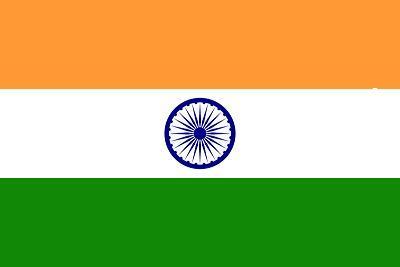
Through Kalpu Shah, the historic ties between India and the Montessori method keep going strong.
The Montessori Community School’s current Upper Elementary Program Director admits that “teaching was never a plan for my future” when she grew up in Mumbai. She has long since come to realize that “Montessori education was simply predestined for me.”
Kalpu has been verifying and fulfilling that notion for three-plus decades, all in the Research Triangle. Her start at the Montessori School of Raleigh in 1988 came roughly a half-century after the philosophy’s namesake introduced the method to India.
India, which this Thursday will celebrate the anniversary of its independence from the United Kingdom through the passive resistance of Mahatma Gandhi, was Maria Montessori’s home throughout World War II. At the behest of George Arundale, president of the Theosophical Society of India, she had moved to Adyar, a neighborhood along the Bay of Bengal, in 1939 to train early-childhood educators at the Besant Memorial School.
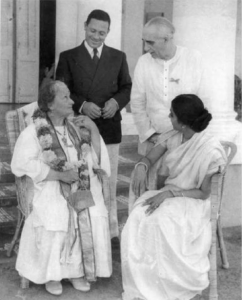
The six-year conflict broke out shortly after Dr. Montessori and her son Mario’s arrival, forcing them to extend their stay. However, she made the most of the trying time, plus portions of the first two post-war years, to keep conducting her courses there. The Besant Memorial School was subsequently renamed the Besant Montessori School, and two of her understudies, Albert Max Joosten and S.R. Swamy, built on her foundation in India for the next three decades.
Almost 650 miles to the west of Adyar sits Kalpu’s native Mumbai, the nation’s capital and largest city, which houses the Gateway to India along the Arabian Sea. There Kalpu was blessed with daily 10-minute walks from what she called “our modest apartment” with friends to take in the coastal sunset.
Apart from visiting Dr. Montessori’s old ashram (or hermitage) from her seven-year stay in the country, Kalpu knew little of her eventual vocational influencer. Nonetheless, she exercised the level of independence one would expect from a Montessori student, if not a higher level. By age seven, she was riding the subway solo on her daily commute to school.
Moreover, even while a student herself, she was a teacher by instinct.
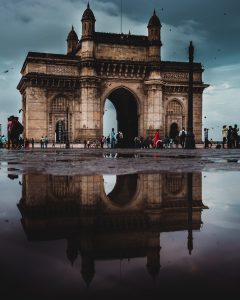
“Whether it was helping my neighbors with their homework or teaching the kids in the slums, teaching has always brought me great joy,” she said.
After graduating from the University of Mumbai, where she received a bachelor’s degree in science and a postgraduate diploma in nutrition and applied dietetics, Kalpu immigrated to the United States in 1981. After stops in Minneapolis and Pittsburgh, she moved to Raleigh with intent to study computer science at North Carolina State University. Instead, she made motherhood her priority, and sent her son, Kunal, to the Montessori School of Raleigh toddler program for the 1985-86 school year.
Three years later, she started working in Montessori School of Raleigh’s Primary Children’s House, where she met her current Room 601 colleague, Don Henchel. Don later moved to Lower Elementary, and Kalpu collaborated with another eventual Montessori Community School coworker, Sue Ferrari. With Don’s encouragement, she spent three summers at the Seacoast Center for Education in New Hampshire en route to her Elementary credentials from the American Montessori Society.
Kalpu would follow Don from Raleigh to the Durham-Chapel Hill border in 2015, reuniting with him in the Upper Elementary building. This month will mark the start of their fifth year together as Room 601’s guides.
“The Upper Elementary Program lends itself very organically to learning about different cultures,” she said. “This has helped me introduce my culture to the students in a very natural way.”
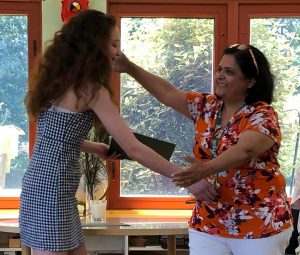
Every day in Room 601 is conducive to casual discussions on Indian customs, cuisine, history, current affairs or educational methods. In particular, Vedic mathematics, an approach based on ancient Sanskrit and made famous by 20th-century Hindu monk Swami Bharati Krishna Tirtha, lends MCS students an angle on arithmetic and beyond that is otherwise little-known in Western schools.
“MCS makes an authentic, dedicated effort towards celebrating diversity through various workshops, celebrations, and simply talking about it, keeping it at the forefront of our interactions with each other,” said Kalpu.
She has similar words for her native country. A wide range of ethnic groups and a comprehensive scope of both polytheistic and monotheistic faiths can be found there.
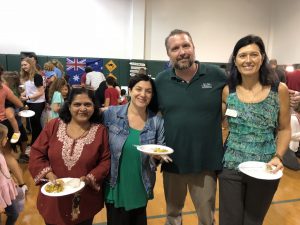
India — whose recorded history dates back to the Bronze Age and whose present-day population is eclipsed only by China’s — celebrates a constitutional freedom of religion not unlike that of the United States. Regarding the relations between India and America, a 2015 report by the U.S. Department of State reads, in part, “Our relationship is rooted in common values, including the rule of law, respect for diversity, and democratic government.”
“India is a strong country with great family values,” said Kalpu. “Known to the Western world for the longest time as a third-world country, the diversity is its true strength. Tolerance, acceptance, and forgiveness are the cornerstones that define India.”
